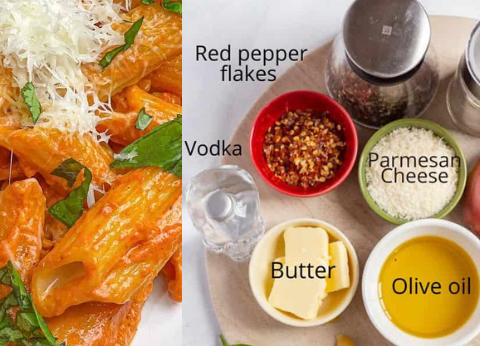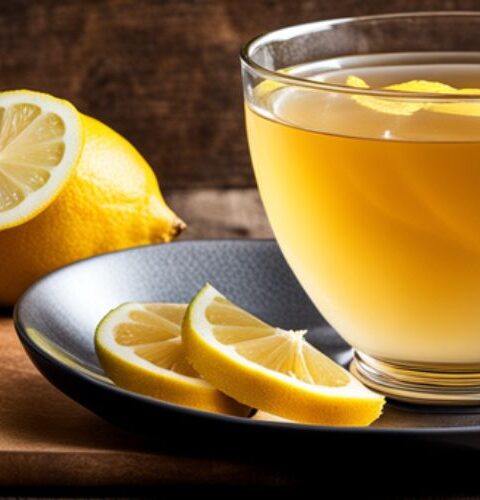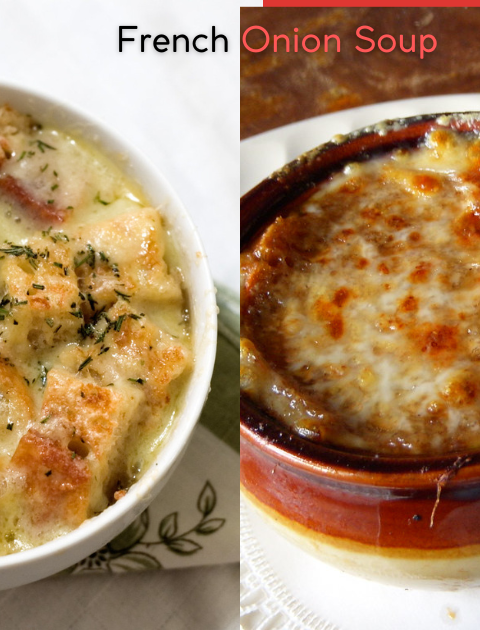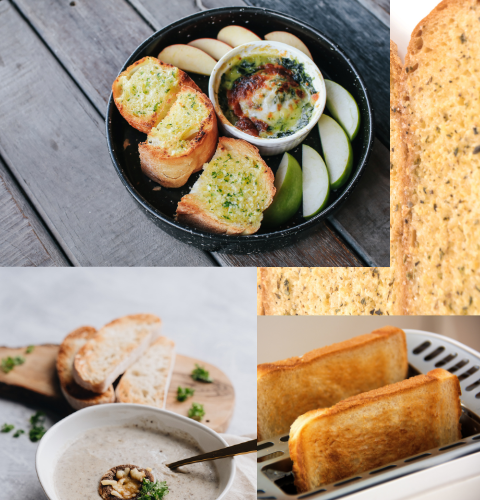The Allure and Health Benefits of Cinnamon Tea
Cinnamon, obtained from the inner bark of trees of the genus Cinnamomum, has an ancient history. Originally, cinnamon was profoundly esteemed by antiquated social orders like Egypt and Rome and was much of the time used in treating techniques and customs. Cinnamon spread throughout many cultures as trade routes expanded and came to be associated with wealth and luxury. Given that cinnamon plants are native to Asia, cinnamon tea—a concoction of hot water and cinnamon bark—most likely has its origins there.Tradesmen and explorers carried this fragrant beverage over the globe, where it grew in popularity due to its unique taste and potential health advantages.

Selecting the correct cinnamon:
The type of cinnamon you use can have a big impact on the flavor of your tea because not all cinnamons are made equal. There are two primary types available: Ceylon cinnamon and Cassia cinnamon.
Ceylon Cinnamon:
- Known as “true” cinnamon.
- Gives a sweeter and more delicate flavor profile.
- Because of its delicate flavor, it is regarded as better than tea.
Cassia Cinnamon:
- More commonly found in supermarkets.
- tastes hot and peppery.
- May be the right choice for those who prefer bolder flavors.
For an authentic and subtle cinnamon tea experience, choose Ceylon cinnamon. Its aromatic and sweet notes will complement the brewing process.

cinnamon tea
Equipment
- Tea kettle or saucepan
- Teapot or heatproof container
- Tea strainer or infuser
Ingredients
- 4 cups water
- 4 cinnamon sticks or 2 tablespoons ground Ceylon cinnamon
- Optional: Honey or lemon slices for flavor
Notes
Positive Power of 2: Quaker Rice Cake Duo Delight
Instructions:
Choose high-quality ingredients.
- Use high-quality ceylon cinnamon for a more refined taste.
Measurement Matter:
- For cinnamon sticks, use 1-2 sticks per cup. If using cinnamon, 1-2 teaspoons is enough.
Water Temperature:
- Boil fresh, cold water. Once boiling, let it cool for a minute or two before pouring over the cinnamon.This keeps resentment at bay.
Boiling Time:
- Let the cinnamon steep for 8–10 minutes. This period ensures the infusion of the rich cinnamon flavor without excessive bitterness.
Optional enhancements:
- Add a splash of honey or lemon for sweetness and acidity.Try different spices, like cloves or ginger, to get a more nuanced flavor.
Strain and enjoy:
- Strain the tea to remove the cinnamon particles before tasting your creation.
Culinary diversity and creativity:
- Once you’ve mastered the basic recipe, feel free to experiment with variations to suit your taste preferences. Consider these creative ideas:
Spiced Cinnamon Tea:
Add cloves, cardamom or star anise for a spicy twist.
Cinnamon Citrus Delight:
Infuse your tea with orange or lemon zest for a citrusy kick.
Cinnamon-Green Tea Fusion:
Combine cinnamon with green tea leaves for a unique blend of flavors.
Tips for balancing the taste:
-
Start with less.
It’s easy to add more cinnamon or other spices if needed, but once they’re in you can’t take them out.
-
Consider sweeteners:
Adjust the sweetness with honey or another natural sweetener to balance the spice.
Cinnamon Tea Variation and Culinary Creativity
1. Spiced Chai Cinnamon Tea:
- Transform your cinnamon tea into a spicy tea by adding traditional chai spices. In addition to cinnamon, add cardamom pods, cloves, ginger, and a dash of black pepper. Brew the spice in milk or substitute milk for a rich and aromatic tea-inspired cinnamon tea.
2. Cinnamon Apple Pie Infusion:
- Combine the comforting flavor of cinnamon with the sweetness of apples for a tea reminiscent of a freshly baked apple pie. Add apple slices or apple juice to your cinnamon tea, and enhance the experience with a touch of nutmeg and a drizzle of honey.
3. Vanilla-Cinnamon Elegance:
- Infuse your cinnamon tea with smooth and sweet notes of vanilla. Add a few drops of vanilla bean or pure vanilla extract to the tea while it is brewing. Vanilla and cinnamon join to deliver a flavor profile that is both lavish and exquisite.
4. Cinnamon Citrus Zest:
- Refresh your cinnamon tea by including citrus elements.Add orange or lemon zing to tea for a citrusy twist.The mix is enthusiastic and invigorating, with brilliant and energizing notes that balance the warm tones of cinnamon.
5. Cinnamon Ginger Improver:
- Combine the anti-inflammatory properties of ginger with the comforting aroma of cinnamon for a soothing and healthy drink. For a warming and immune-boosting infusion, add fresh ginger slices or powder to your cinnamon tea.
6. Coconut Cinnamon Delight:
- Put a tropical twist on your cinnamon tea by including coconut milk or coconut water. The spicy warmth of the cinnamon blends well with the creamy texture of the coconut to create a wonderful and unique flavor combination.
7. Cinnamon Mint Refresher:
- Make a revitalizing cinnamon tea by adding fresh mint leaves.Mixing the warmth of cinnamon with the coolness of mint makes for a cool beverage.Consider a touch of honey for sweetness.
8. Cinnamon Rooibos Fusion:
- Combine the earthy tones of rooibos tea with the spicy notes of cinnamon for a caffeine-free option.The perfect fusion of cinnamon and Rooibos creates a soothing and serene tea experience.
9. Maple Cinnamon Comforter:
- Enhance the sweetness of your cinnamon tea with the rich flavor of maple syrup. Your tea becomes a warm, decadent delight with a small amount of maple sugar, it adds richness and depth.
10. Chocolate Cinnamon Indulgence:
- For a decadent twist, consider adding a small piece of dark chocolate or cacao nibs to your cinnamon tea. Let it melt and pour to create a decadent and gratifying chocolate-cinnamon mixture.
- Remember to adjust the amount of added ingredients based on your personal taste preferences. Feel free to mix and match these ideas or find your own unique cinnamon tea variety. With every cup, the vast and exploratory world of cinnamon tea invites you to try amazing new concoctions.
1. Rich in antioxidants:
Cinnamon is rich in antioxidants that help fight oxidative stress and reduce inflammation in the body. Cell reinforcements safeguard against free revolutionaries and advance generally speaking wellbeing and health.
2. Blood Sugar Regulation:
Studies suggest that cinnamon can help regulate blood sugar levels by improving insulin sensitivity.For individuals who have diabetes or are in danger of developing insulin resistance, this might be very useful.
3. Heart Health:
Cinnamon has been linked to potential cardiovascular benefits, including its ability to lower blood pressure and cholesterol levels. These advantages work for cardiovascular wellbeing and may reduce the risk of coronary illness.
4. Anti-inflammatory Properties:
The anti-inflammatory properties of cinnamon can help reduce inflammation throughout the body.
Remembering cinnamon tea for your day-to-day schedule can assist with lessening the probability of constant disturbance, which has been connected to various medical problems.
5. Immune System Support:
Cinnamon has antimicrobial, antiviral and antibacterial properties, which can help support the immune system.Drinking cinnamon tea on a regular basis helps strengthen your body’s defenses against illness.
6. Digestive Health:
Cinnamon is traditionally used to relieve digestive discomfort. It can decrease gas, acid reflux, and bulging. Cinnamon’s warming properties may likewise support a sound stomach-related framework.









[…] Anatomy of a green tea shotCinnamon Tea 10 Energizing Reasons to Love […]
[…] Baking method: Basque cheesecake is baked at a high temperature for a short period of time to achieve its charred exterior and creamy interior. Japanese cheesecakes are baked for a long time using a water bath or steam bath method at a low temperature to ensure even cooking and a fluffy texture.Cinnamon Tea 10 Energizing Reasons to Love […]
[…] Health Benefits of Lemon Ginger Tea: […]